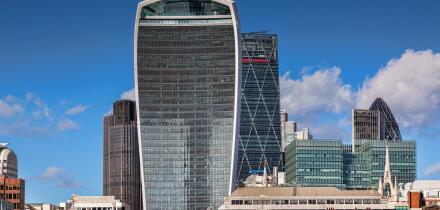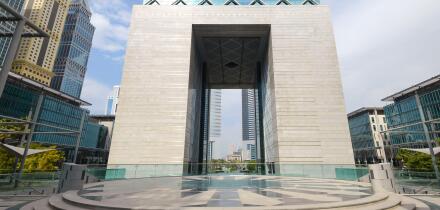Shuweihat sponsors win as $1.1bn loan signed at 260bp
A $2.15bn long-term financing package for Abu Dhabi’s Shuweihat 2 water and power project has been completed, despite early resistance from lenders over pricing. About 15 commercial banks committed to the deal which is one of the biggest infrastructure loans from the Middle East signed this year.
Unlock this article.
The content you are trying to view is exclusive to our subscribers.
To unlock this article:
- ✔ 4,000 annual insights
- ✔ 700+ notes and long-form analyses
- ✔ European securitization issuance database
- ✔ Daily newsletters across markets and asset classes
- ✔ 1 weekly securitization podcast






